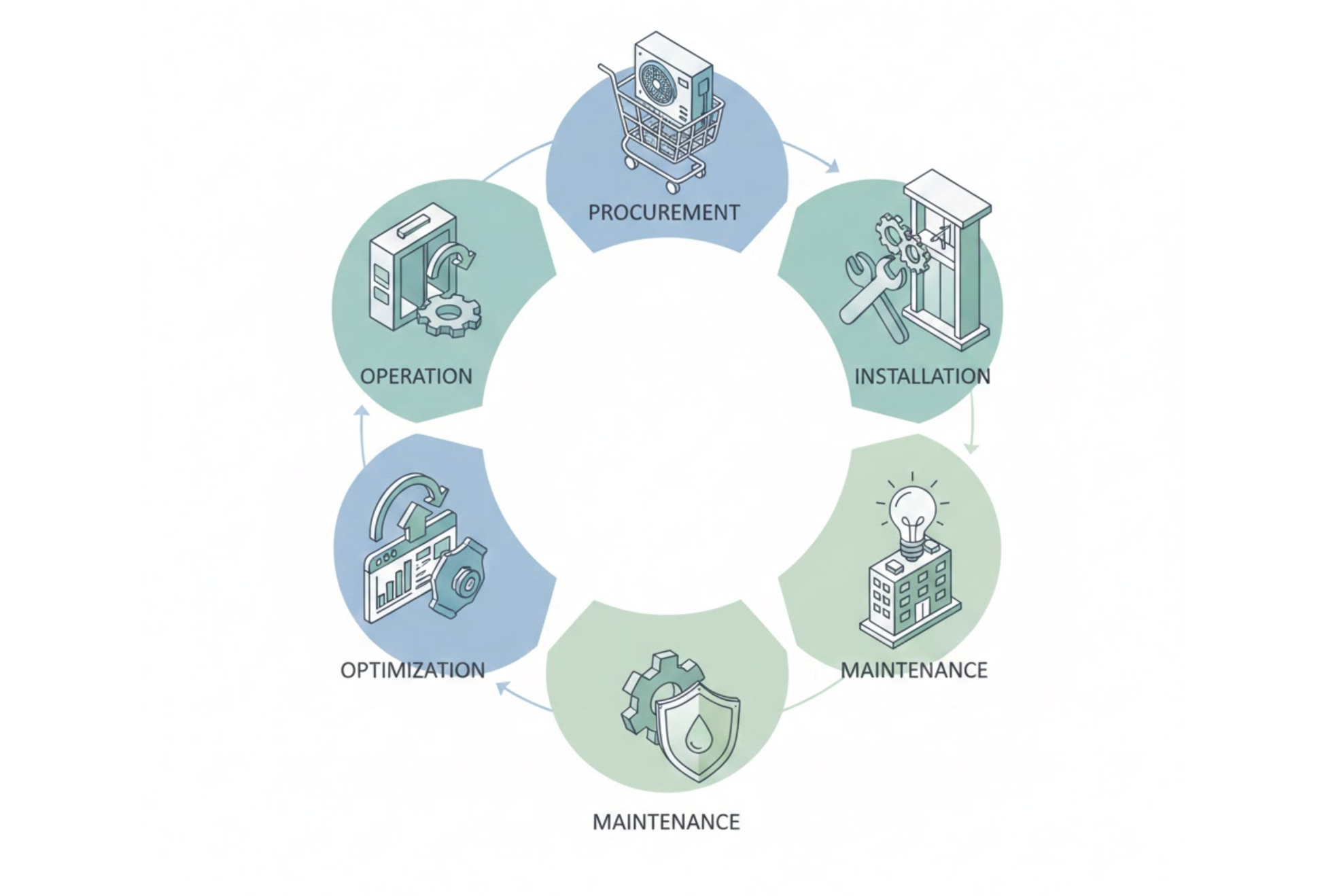Construction Has Started, But the Contract Isn’t Signed: What Now?
In the construction industry, starting work without a signed contract can lead to significant risk and confusion. While it might be common for projects to proceed based on verbal agreements or understandings, the implications of doing so may not be fully understood by all parties involved. This blog post will delve into the enforceability of unsigned contracts, associated risks, best practices for mitigating those risks, and how innovative tools like construction management software, such as Zepth, can enhance your project management processes.
Enforceability of Unsigned Contracts
Even in the absence of a signed document, an agreement may still be legally binding. This is especially true if both parties demonstrate mutual assent through their actions. For example, initiating construction work can be interpreted as acceptance of the contract’s terms, creating binding obligations. Legal precedents, including notable cases such as E-21 Engineering and George Pridemore & Son., Inc. v. Traylor Brothers, Inc., have established that conduct can define contractual obligations, even without signatures. As a result, it’s essential to recognize that your actions may carry more weight than you realize.
Risks Associated with Unsigned Contracts
Although starting a project without a signed contract may seem manageable, it introduces several risks that can jeopardize the project’s success:
- Implied Acceptance: Proceeding with construction when a contract hasn’t been signed can lead to parties unintentionally accepting unfavorable terms. This could compromise vital aspects of the project if no formal agreement safeguards against such outcomes.
- Legal Disputes: Lack of a signed contract can create ambiguities regarding the scope of work, quality standards, payment terms, and timelines. Disputes stemming from these uncertainties can complicate resolution processes and result in project delays and increased costs.
Recognizing these risks is vital for ensuring the success of any construction project.
Best Practices for Mitigating Risks
To navigate the complexities of construction contracts effectively, consider the following best practices:
- Ensure Signed Contracts: Always strive to have a signed contract in place before beginning any work. This essential step clarifies obligations, expectations, and timeline commitments for all parties involved.
- Detailed Record Keeping: Maintaining thorough documentation of all agreements, negotiations, and communications creates a valuable repository of evidence in the event of legal challenges. Regularly review and finalize contract terms to address ambiguities before work begins.
- Clear Communication: Encourage open lines of communication among all parties to mitigate misunderstandings and ensure alignment on critical deliverables and obligations.
Implementing these strategies can significantly enhance your project’s success and minimize the possibility of disputes arising from unsigned contracts.
Use Cases and Emerging Innovations
The construction industry is increasingly embracing digital solutions that streamline workflows and enhance performance. One effective strategy involves leveraging digital contract management tools, which can simplify and expedite the contract signing process. Such tools enable automated tracking of contract statuses and facilitate compliance, ensuring all stakeholders remain informed and engaged.
Moreover, utilizing construction project management software can integrate critical functions such as contract management, communication, and document management. Platforms like Zepth provide comprehensive solutions that help keep everything organized and accessible, aiding in smooth project execution. Within Zepth, users can access a myriad of features including integrated document management, centralized document storage, and task management tools that align with existing contractual obligations.
How Zepth Can Help
Zepth brings innovative solutions that directly address the challenges associated with unsigned contracts:
- Integrated Contract Management: Zepth’s construction management solutions boast integrated contract management tools that help stakeholders track contract statuses, ensuring compliance and efficient financial management.
- Streamlined Communication: The platform enhances communication among all parties, helping reduce misunderstandings and disputes through organized project communication channels.
- Document Management: With Zepth’s tools, users can securely and efficiently manage all project documents, including contracts, ensuring they remain accessible and current for all stakeholders.
By utilizing Zepth’s construction project management software, construction teams can effectively navigate the struggles associated with unsigned contracts, maintain clarity in communications, and foster a collaborative work environment tailored to project requirements. For further insights on how Zepth can improve your construction projects, explore more about our Construction Management Solutions.




